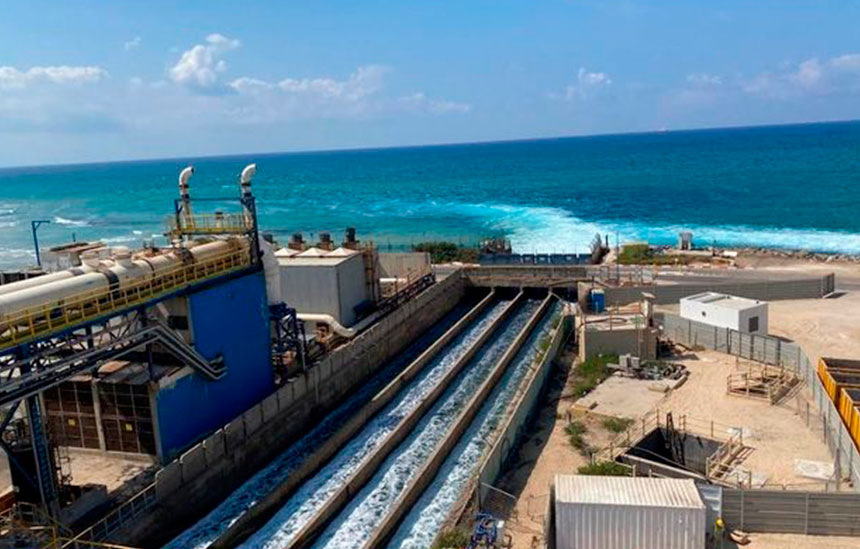Israel – despite desert landscapes and scarce water resources – is leading the world in water technologies, which could prevent future hosepipe bans and droughts across the UK.
This summer, the UK experienced its warmest year on record, with temperatures as high as 40.3 degrees – shattering previous records. Droughts and hosepipe bans were declared across England, after months of low rainfall led to dried up rivers and threatened crops.
Conditions like these will only become more intense and more frequent, due to climate change, leaving British farmers and water companies worried about the future.
Yet it is Israel – a country which is 60% desert, has scarce water sources and must frequently deal with drought – that is leading the world in technologies to both provide and save water. Israeli companies, like Netafim, are already helping British farmers grapple with increased pressures on agriculture.
As droughts become the ‘new normal’ across Europe, Israeli technology may well provide the solution, so that Britain becomes more water-resilient and less dependent on ever-scarce rainfall.
Israel is a world leader in water ‘desalination’, which is the process of removing salt from seawater and making it safe to drink.
The Hadera Desalination Plant, less than an hour from Tel Aviv, provides clean water to over one million people in Israel.
In a process known as ‘reverse osmosis’, seawater is forced through a membrane at high pressure and the membrane allows only water molecules to pass through, blocking any other chemicals dissolved in the water.
The salty brine left behind is diluted by the water used to heat the plant’s boilers, meaning it is only “a little saltier and a little warmer” than seawater, by time it is pumped back into the Mediterranean Sea, according to David Muhlgay, CEO of IDE Technologies, who manage the Hadera desalination plant.
Mulhgay explains that desalination has little impact on local marine life, as the process doesn’t involve chemicals.
He also believes that desalination could “definitely” be successful in the UK.
“There’s a lot of water around the UK which can be desalinated and supplied to the grid. It’s needed.
“There’s a lot of well water in England which should be cleaned up. The Thames could even be cleaned up. The Thames on a good day looks brown and on a bad day looks even worse!
“There’s a lot of work to be done in the water sector.”
After opening their first seawater desalination plant in 2005 in Ashkelon, 85% of drinking water in Israel is now supplied through five desalination plants, with water travelling from the Mediterranean Sea to taps in just four hours.
Mekorot, Israel’s national water company, aims to make this 100% by 2026.
Water is nationalised in Israel. Mekorot, even though it functions as a private company, is in fact entirely state-owned. It operates a cross-country water supply network, known as the National Water Carrier, and is regulated by the National Water Authority, a system which government advisor Olga Slepner describes as a “political miracle”.
“Politicians understood that national solidarity was needed, since the water problem was so big,” she explained.
“As a general rule, every single water source in the country belongs to the state, even if it is privately owned. The only thing that’s not included is people’s sweat!”.

